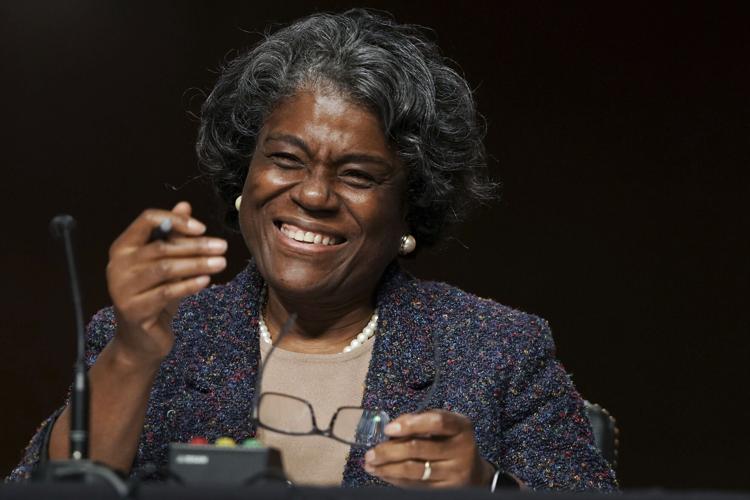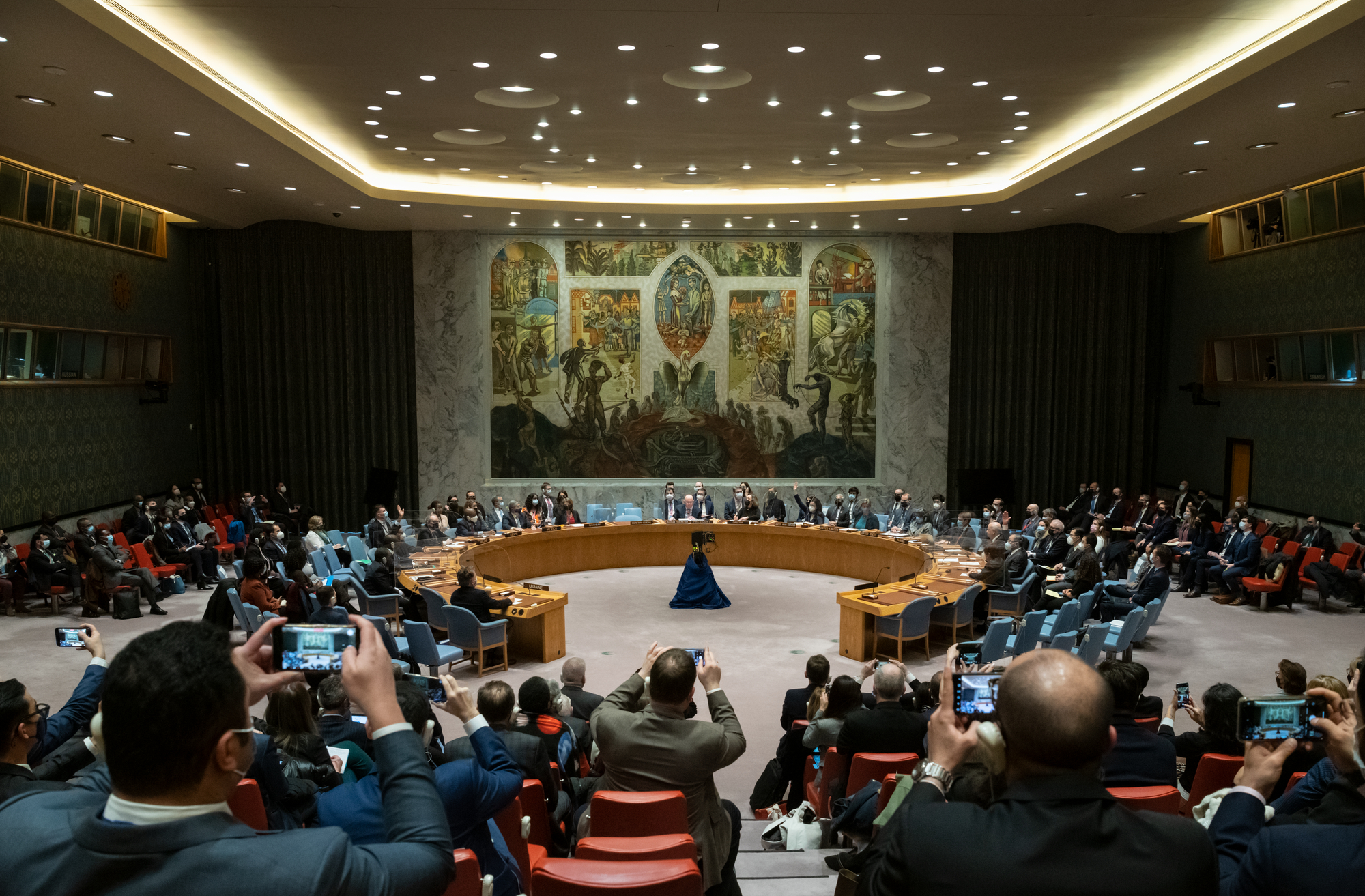Ensuring that the UN is fit for purpose and able to address the growing list of challenges facing the international community is a key priority for both the organization’s leadership and the U.S. Since taking office in 2017, UN Secretary-General António Guterres has worked with Member States to implement reform, modernization, and accountability efforts on a number of tracks, including through improvements to budgetary and management processes, creating new performance assessment tools for peacekeeping operations, and redoubling efforts to root out misconduct, particularly cases of sexual exploitation and abuse, by UN personnel. At the same time, UN reform encompasses a much broader set of issues with geopolitical implications. For example, Russia’s invasion of Ukraine has reignited long-simmering questions about the role of the UN Security Council in protecting international peace and security, whether its membership should be expanded to be more representative and inclusive, and how to deal with situations where vetoes by the Council’s permanent members prevent the body from discharging its duties. These issues are discussed in further detail below.

Photo Credit: Greg Nash/Associated Press
